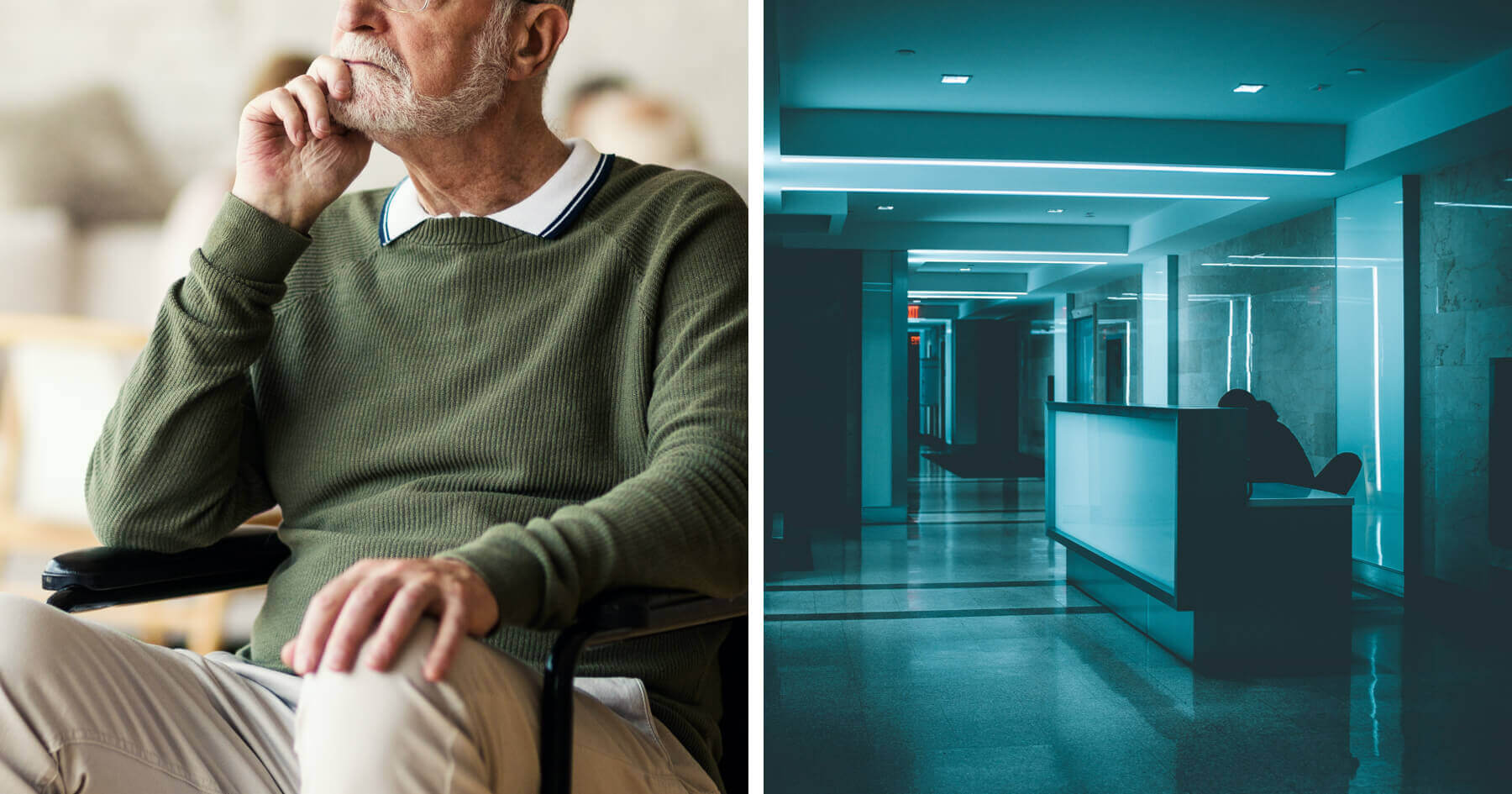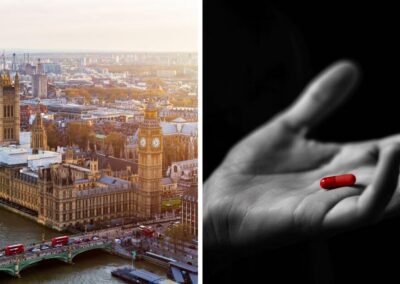Around ten cases of supposed illegal euthanasia are being investigated in Belgium after allegations were received through an anonymous letter to the public prosecutor.
The public prosecutor in Leuven is investigating cases of euthanasia which may not have been carried out according to the proper legal procedure.
The newspaper De Standaard received a letter, which has not been released, and is reported to say:
“Our family member passed away two years ago, and we were told that euthanasia was presumed to have been carried out without the doctors informing us or following the necessary procedure. This is a very traumatic experience for us”.
In Belgium, doctors are not required to notify family members if a person wants to be euthanised, although the medical associations do recommend telling them. Two doctors are named in the letter with allegations concerning their private practice.
Professor Wim Distelmans, chair of the Federal Control and Evaluation Committee on Euthanasia, was contacted in the summer of 2019 and asked if he might be willing to give his advice on the matter. His committee ought to be informed about every case of euthanasia, but that doesn’t always happen. “Some doctors are happy to admit that”, he said.
“What doctors write down, we naturally take for granted as true”, he continued. “Apart from that, and rightly so, everyone is free to file a complaint with the public prosecutor’s office if they think they have reason to”.
Expanding euthanasia law
Earlier this year, a Dutch doctor escaped prosecution despite having euthanised a dementia patient against her express wish. The Dutch government has also recently said it would be changing the regulations to allow doctors to end the lives of terminally ill children between the ages of one and twelve.
Belgium legalised euthanasia in 2002, and since then the practise has even been extended to children. The current law allows euthanasia if the patient is in a state of constant physical or psychological pain.
There is now a renewed push for euthanasia to be available for those who are healthy but have decided they have a “fulfilled life”.
The President of Belgium’s Liberal Party, Gwendolyn Rutten, told the Brussels Times: “We must be able to choose the right to die not only when we are suffering in an intolerable way but also when our lives are fulfilled and we request to do it explicitly, freely, independently and firmly”.
In 2018 there were a total of 2,357 reported assisted suicides in Belgium, up from 2,309 in the previous year. Since 2010, there has been a 247% increase in just 8 years.
Right To Life UK’s spokesperson, Catherine Robinson, said: “The details of this ongoing case are scant at the moment, but as Professor Distelmans, one of Belgium’s top euthanasia overseers, said, some doctors are happy to admit that they do not follow the proper procedures”.
“It seems to be a pattern among nations that have legalised euthanasia where certain actors, sometimes doctors, sometimes patients, push the boundaries of the law, and occasionally even break the law. Sadly, as we’ve seen in the Netherlands, the law is not enforced but rather reinterpreted to accommodate what appears to be a formerly illegal practice. A similarly sad case occurred in Canada last year following the euthanising of Alan Nichols, a former school caretaker, who was physically healthy but struggled with depression. As a result of his death, the legal requirement that a person be terminally ill before administration of euthanasia was dropped”.
“The ever-expanding nature of euthanasia and assisted suicide laws as seen in these countries should be a sober lesson for countries like England and Wales where legal protections still exist for the vulnerable against such practices”.












